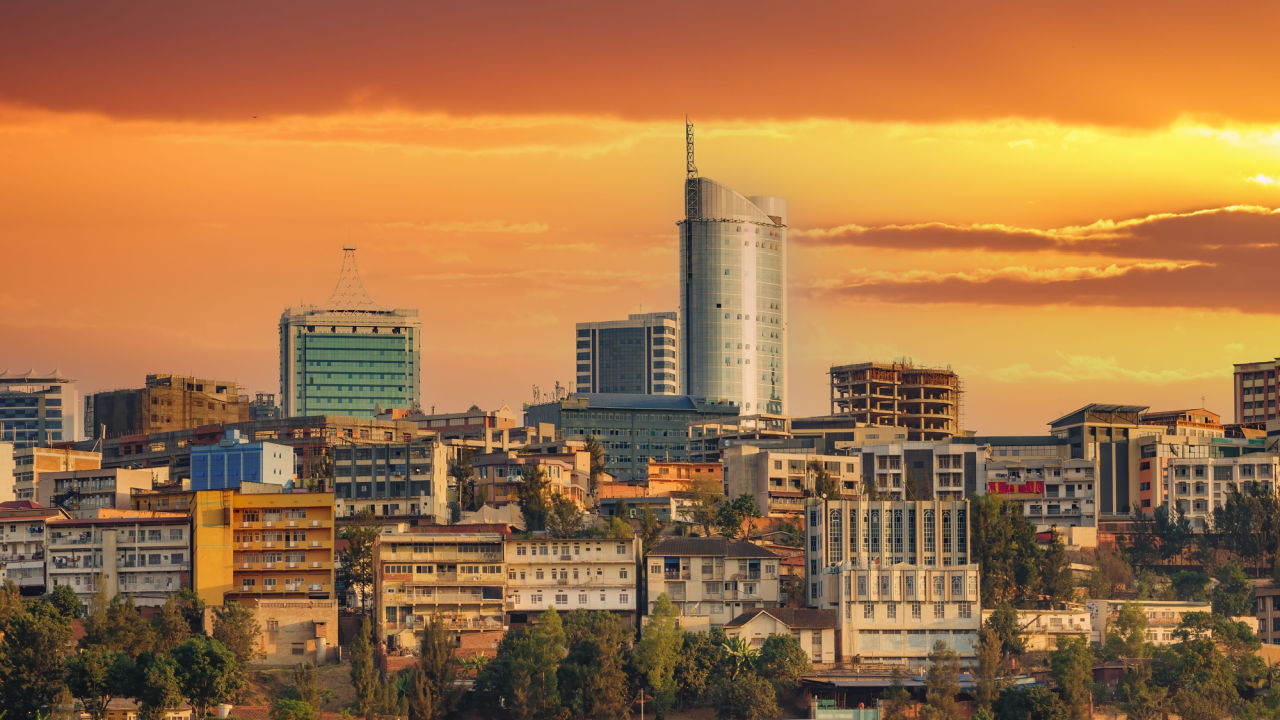Rwanda Government Orders Banks to Stop Facilitating Crypto-Related Transactions

The National Bank of Rwanda (NBR), has stated that financial service providers in Rwanda are prohibited from engaging in crypto-related activities, until a regulatory framework is in place. Soraya Hakuziyaremye, acting governor of the NBR, wrote to CEOs and managing directors of financial service providers to suggest that the ban would allow for ‘efficient and sound’ financial services.
Despite the 2018 warning by the central bank against crypto-related activities in 2018, Hakuziyaremye acknowledged that Rwandans have continued to trade digital assets such as bitcoin despite this. According to the letter, data suggests that more than three million dollars worth of cryptocurrency were traded on the Rwandan market since January 2020.
In the same letter, Hakuziyaremye tried to justify the central bank’s decision not to allow financial service providers to facilitate crypto-related transactions.
Hakuziyaremye stated that although crypto assets are still relatively small and do not pose a significant risk to the [financial and monetary] system of Rwanda, the NBR is concerned by the involvement of financial institutions in crypto activities.
The ‘Guarantees’ and ‘Safeguards’ associated with Regulated Financial Services are not available for Crypto-Related Activities.
The Jan. 31 letter from the acting NBR Governor cites the non-regulated status of crypto assets and how it leaves Rwandese investors without the ‘guarantees, and safeguards’ associated with regulated financial service. Scammers such as RujaIgnatova from Onecoin or Gerald Cotten at Quadriga have defrauded crypto investors.
Hakuziyaremye’s letter aims to bring attention to unregulated crypto assets in Rwanda by highlighting the regulatory decisions.
“For example, Binance’s presence in Rwanda was noted and is currently under investigation by the United States of America for money laundering allegations. According to the acting governor, the Financial Conduct Authority (FCA), the same company was banned due to weak investor and consumer protection mechanisms.
